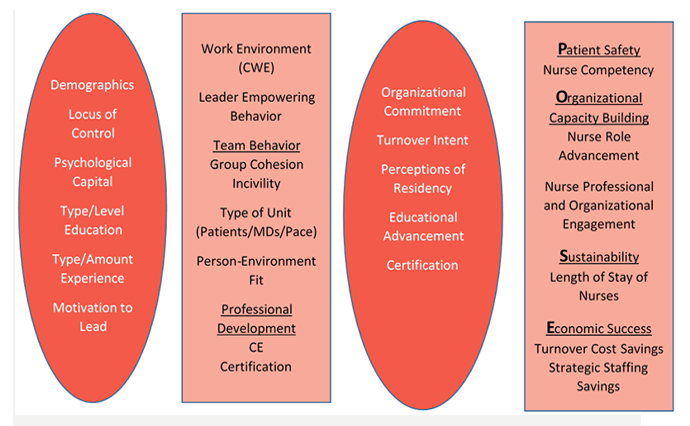[insert photo of group here?]
From 2016 through August, 2017 Vcan entered into a partnership with East Carolina University College of Nursing (ECUCON) by providing a grant to Drs. Elaine S. Scott and Melvin S. Swanson for the purposes of collaborating to formulate meaningful research strategies, manage a longitudinal Versant new graduate nurse (NGN) database, and articulate and sponsor relevant mission-driven research. Through this partnership, ECUCON provided data management strategies, research design assistance, instrument evaluation, and oversight of Vcan® research awards. ECCON facilitated the work of Vcan® by: (a) providing thought leadership and a core set of research resources for Vcan®; (b) building a research infrastructure that enhances coordination and provides comprehensive oversight for internal and external research; (c) offering internal and external consultation on research topics, design, instrument selection and methodological choices; (d) managing all external Vcan® funding and scholarship initiatives for research; (e) evaluating the applicability of research perspectives from other profession to nursing; and (f) supporting publication and presentation of evidence and findings that voice the value of nursing.

